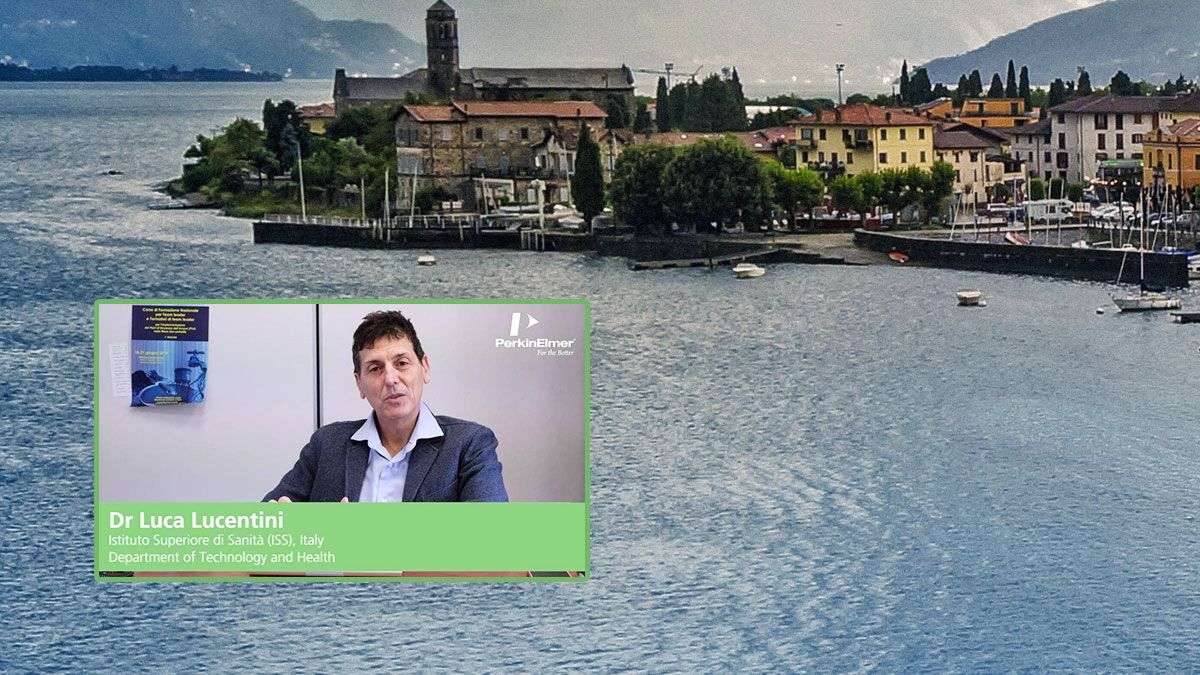Tecnologia e Consigli per un’Acqua Pulita* (…in Italy)
*Technology and Advice for Clean Water
The availability and safety of water supplies is a global challenge, especially in water-stressed countries such as Italy, and requires continuous effort. Public health organizations must not only prevent scarcity but also reduce the probability of contamination by a wide range of substances, from cyanotoxins to emerging contaminants to ever-problematic lead and arsenic.
The United Nations has projected that, by 2030, there will be a 40% shortfall in meeting worldwide demand for water. The combination of climate change, rising consumption and the complexity of controlling contaminants means that water management professionals have their work cut out for them in ensuring sufficient, healthy water supplies.
Entities such as the Italian Istituto Superiore di Sanità (ISS) are using cutting-edge technologies to support a holistic approach to water safety. The carefully coordinated efforts of the ISS promote better water quality as well as legislative and regulatory action for minimizing contamination across the country’s numerous water sources.
A cross-sector, technology-enabled approach to clean water
The ISS is not working alone on its mission to make Italy’s water cleaner and safer. The institution’s current activities are fueled by close collaboration that links together organizations operating in the public health, water management, environmental and technology sectors.
Some of the specific actions that the ISS and its partners have taken so far in response to ongoing water quality issues in Italy include:
- Aligning their work with key regulatory frameworks such as the European Union’s Commission Directive 2015/1787, which emphasizes the importance of Water Safety Plans incorporating risk management and monitoring per World Health Organization guidelines.
- Overseeing the monitoring operations of water laboratories around Italy, making sure that they have the proper technical tools to identify a variety of contaminants. Harmful substances can enter water via the soil, from certain weather conditions and through plumbing infrastructure.
- Using Inductively Coupled Plasma Mass Spectrometry (ICP-MS) from PerkinElmer to identify both well-known contaminants like lead and ones that have only recently become more closely monitored, such as thallium and manganese. All of these substances can be significant risks to human health.
From food production to industrial operations, the ISS is committed to safer water in every context and usage. Its focus on water monitoring will only become more critical in the years and decades ahead, due to the acceleration of climate change and its resulting effects on water availability and quality.
For more information on what the ISS is doing and planning – including some specific insights from its own Dr. Luca Lucentini, plus deeper explorations of specific contaminants and how they’re controlled using PerkinElmer solutions – please read our in-depth article on water quality management.

